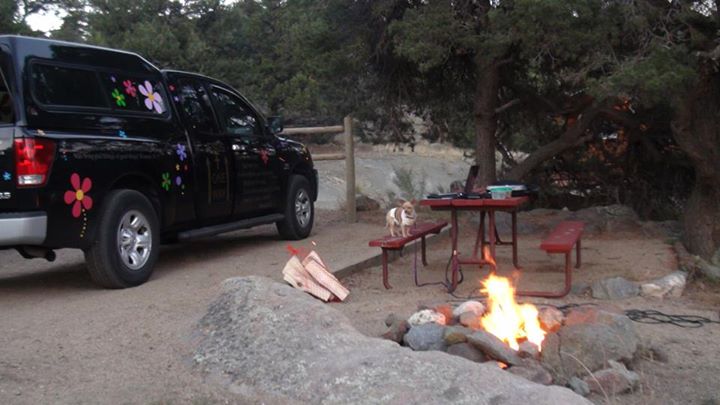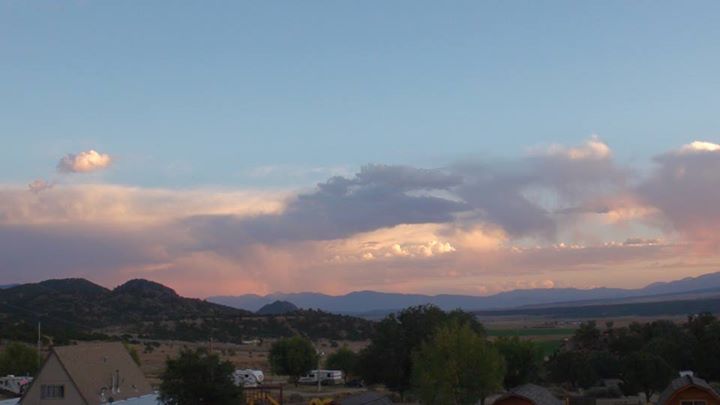
Monday, 14 October 2013
For if their being cast away is the reconciling of the world, what will their acceptance be but life from the dead? Romans 11:15
The introductory conjunction “for” is given to tie verse 15 back to verses 11 and 12 which spoke of the fall and then the fullness of the Jewish people. Verses 13 and 14 were related to Paul’s ministry to the gentiles which carries with it the secondary purpose of provoking Israel to jealousy. When this is effected, there will be great things in store for the world.
Paul says, “if their being cast away…” this is their “fall.” The nation of Israel failed to believe in Christ’s work and so they rejected Him. Because they rejected Him, God rejected them. Their fall though is what meant “reconciling of the world.” This ties directly back to verse 12 – “their fall is riches for the world, and their failure riches for the Gentiles.” Paul is restating these things, after the explanation of the purpose and intent of his ministry (that dual-purpose noted above) to demonstrate that something even greater is anticipated in the future.
Here is the thought –
1) Israel was cast away for disobedience; a tragic occurrence.
2) Because of Israel’s fall, the greater good would be served by bringing reconciliation between the gentile world and God. The word “reconciling” is the Greek word katallege. This word in Romans 5:11 it is translated as “atonement” by many translators. The atonement of Christ’s shed blood was made possible because the Jews rejected Him. If they had accepted Him, the obvious result would have been the immediate initiation of the Kingdom Age. The Church Age would never have occurred.
3) Therefore, if the fall was tragic, but it led to something wonderful, how much more wonderful will it be when they are restored! What is offered as a question by Paul in some translations is meant as an exclamation.
When Israel finally accepts their long-rejected Messiah, there will be life from the dead. This is taken in two ways by scholars. The first is that it is speaking of the spiritual revitalization of national Israel. They are already once again a people, but they are spiritually dead to the things of God found in Christ. However, a time is prophesied (in numerous Old Testament passages) that they will again be quickened to this spiritual vigor. One key passage is found in Ezekiel 37:11-14 –
“Then He said to me, “Son of man, these bones are the whole house of Israel. They indeed say, ‘Our bones are dry, our hope is lost, and we ourselves are cut off!’ Therefore prophesy and say to them, ‘Thus says the Lord God: “Behold, O My people, I will open your graves and cause you to come up from your graves, and bring you into the land of Israel. Then you shall know that I am the Lord, when I have opened your graves, O My people, and brought you up from your graves. I will put My Spirit in you, and you shall live, and I will place you in your own land. Then you shall know that I, the Lord, have spoken it and performed it,” says the Lord.’”
Based on the surrounding context in this passage from Ezekiel, this is certainly speaking of a spiritual awakening, not a literal resurrection. The banner of all spiritual matters will be passed back to them from the church which had carried it during their time of rejection. However, this is certainly not the only “life from the dead” that Paul is speaking of. Paul’s letter is being written to “spiritually alive” people. They are sealed with the Holy Spirit and have the assurance (the guarantee – Ephesians 1:13, 14) of eternal life. If this is true, then Paul’s words must have more than just a “national Israel” fulfillment or they would be worded differently.
The truth is that there is a point in prophetic history which will bring about “life from the dead” in a literal sense. It isn’t just one single moment, but rather an epoch of time. At first there will be the rapture of the church. This is explained, in detail, by Paul in 1 Corinthians 15 and 1 Thessalonians 4. This is physical life from dead bodies; a resurrection.
At some point, probably due to the rapture, Israel will wake up from their slumber and realize who Jesus really is. This will bring about their spiritual revival – life from the dead. After this, at the ending of the seven-year tribulation, there will be another resurrection from the dead. This is noted in several Old Testament passages and in Revelation. Daniel 12:1-3 speaks of it –
“At that time Michael shall stand up, The great prince who stands watch over the sons of your people; And there shall be a time of trouble, Such as never was since there was a nation, Even to that time. And at that time your people shall be delivered, Every one who is found written in the book. And many of those who sleep in the dust of the earth shall awake, Some to everlasting life, Some to shame and everlasting contempt. Those who are wise shall shine Like the brightness of the firmament, And those who turn many to righteousness Like the stars forever and ever.”
Isaiah 26:19 hints at this time as well –
“Your dead shall live; Together with my dead body they shall arise. Awake and sing, you who dwell in dust; For your dew is like the dew of herbs, And the earth shall cast out the dead.”
And in the New Testament, John writes of it in Revelation 20:4-6 –
“And I saw thrones, and they sat on them, and judgment was committed to them. Then I saw the souls of those who had been beheaded for their witness to Jesus and for the word of God, who had not worshiped the beast or his image, and had not received his mark on their foreheads or on their hands. And they lived and reigned with Christ for a thousand years. But the rest of the dead did not live again until the thousand years were finished. This is the first resurrection. Blessed and holy is he who has part in the first resurrection. Over such the second death has no power, but they shall be priests of God and of Christ, and shall reign with Him a thousand years.”
This amazing epoch of time is coming, and probably soon. The graves of Ezekiel 37 have been opened and there is a great standing army in Israel. The ancient prophets noted that only after that happened would they be given the Spirit. It could never have happened before, and it hasn’t happened yet, so we are at the cusp of amazing events in world history.
Life application: Though the rapture of the church is dismissed by many theologians, it is explicitly taught in Scripture. One must over-spiritualize much of the Bible to reject what is so carefully recorded for our learning. Israel is back in the land and so these amazing events are coming… may they be soon.
Glorious God Almighty! Your word says that Israel’s acceptance of the gospel will initiate a time of wonder on earth – the Kingdom Age. Around that same time, other great and marvelous events are prophesied. Israel is back in the land and the times are coming to their fulfillment. I am grateful to live in such a wondrous age of hope… Christ is coming again! Amen.





